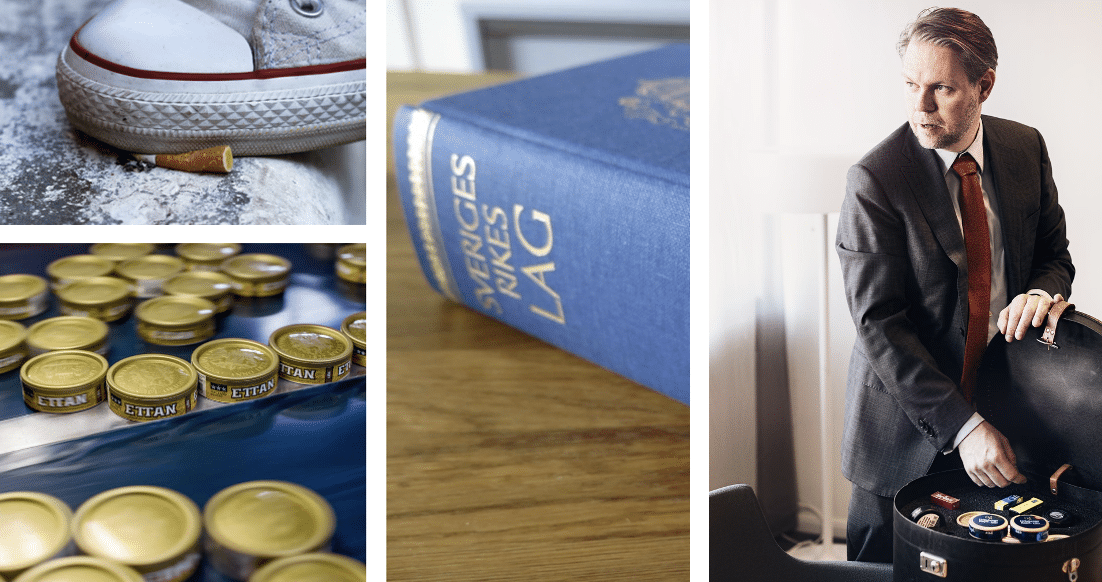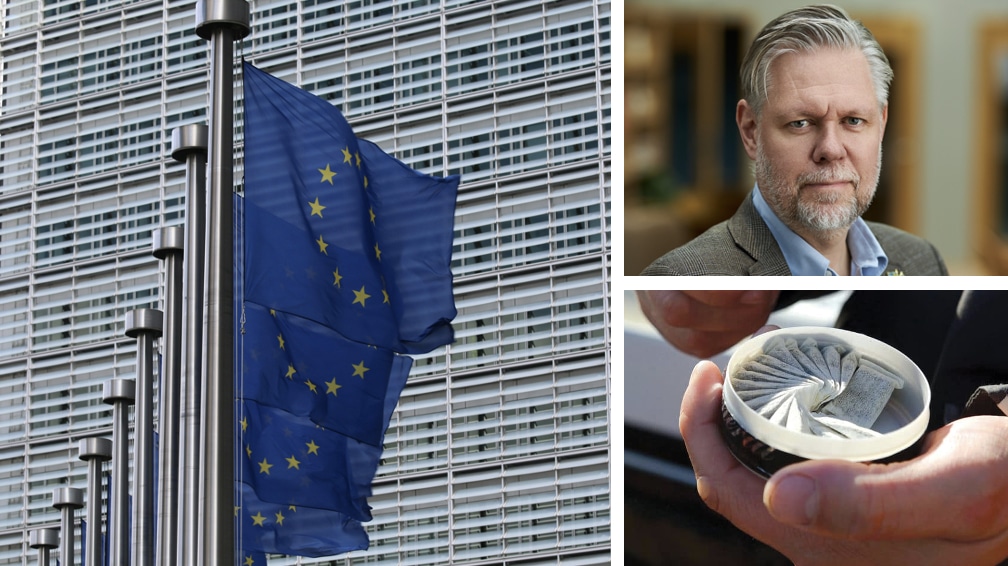
‘Finland and Sweden should join forces to liberalise EU snus legislation’
Support for more liberal snus legislation is growing in Finland – but it’s at the EU level that change must take place. Sweden’s next government should join forces with Finland to help rally public opinion and work together to liberalise EU snus legislation, writes Theo Herold from the Helsinki School of Economics.
Finland has long had an extensive black market for snus. In the last decade, the number of players has increased significantly as operations have become more organised and professional. It’s not uncommon for black market snus dealers to be closely connected to other criminal activities.
Growing support to liberalise snus legislation
Despite the fact that the sale of snus has been illegal in Finland since EU entry in 1995, snus’s popularity continues to grow. In 2021, seven percent of all Finnish men aged 20–65 stated that they used snus, while the corresponding figure for women was four percent. This corresponds to approximately 125,000 people in the entire country.
Comparatively, only one percent of both men and women stated that they used snus in the year 2000. Meanwhile, we see the opposite effect in smokers in the same age group: a decrease from 23 percent in 2000 to 12 percent in 2020.
As Finland’s black market for snus grows, so does the size of the state’s lost tax revenue. But just how much money are we talking about?
Liberal snus laws can stop the black market
Let’s assume the sale of snus is legalised in Finland and that tins are taxed at the same level as cigarette packs, i.e. EUR 0.09 per snuff pouch and 52 percent of the retail price, plus a value-added tax of 24 percent. Based on the retail price of the most popular snus variety in Sweden (according to Snusbolaget, it is One vit White portion), the retail price per tin including tax would be around SEK 61 in Finland.
If we then somewhat conservatively assume that Finnish snusers consume about three cans a week, snus sales in Finland would total just under SEK 1.2 billion. That translates into lost tax revenue of more than SEK 830 million – every year!
On the black market, snus cans sell on average for around SEK 60 per can and often around SEK 65. Based on the calculation example above, revenues could be as high as SEK 1.3 billion – money straight into the pockets of criminal gangs.
Legalisation involves EU-level negotiations
From a political point of view, the power to act has been conspicuous by its absence. Finland’s Swedish People’s Party has long been the only party in the country pushing for legalisation. And in June 2022, the National Coalition Party (Samlingspartiet) has also joined the cause. Despite the fact that the majority of parties in the Finnish parliament do not support legalisation, a survey conducted by the Finnish public broadcaster YLE found support for legalisation from several MPs representing every party in parliament.
There is therefore hope for a Finland where the sale of snus is legal. But to get there, Finland must negotiate at the EU level for an exemption from the EU Tobacco Products Directive. And this is where Sweden and Finland share a mutual interest.
Sweden and Finland are natural allies
Snus is a Swedish export product that can help meet the growing demand for smokeless nicotine products. Legalisation in Finland would be fantastic news for Swedish snus manufacturers. For Finland, the legalised sale of snus can help reduce smoking, curb the black market, and increase tax revenue.
We need to preserve the intensive cooperation between Sweden and Finland that has occurred recently in other areas as well. Together with Finland, Sweden’s next government could influence public opinion and work to liberalise EU snus legislation. On this issue, as with so many others, Sweden and Finland are natural allies.
Theo Herold,
Doctoral student in economics, Helsinki School of Economics




